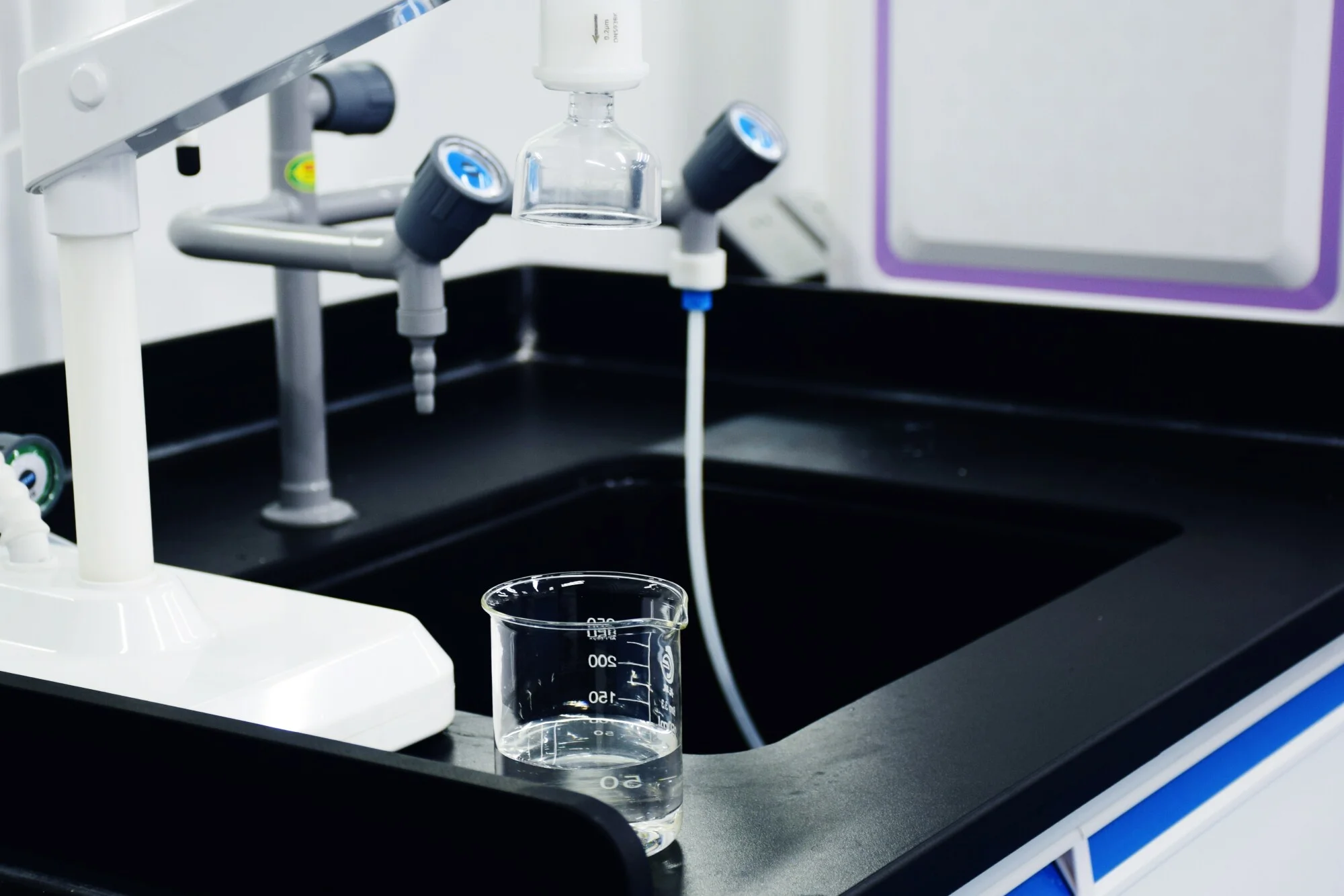The Top 4 Technologies Used by Water Treatment Companies for Clean Water
Ensuring access to clean water is crucial for health and sustainability. Water treatment companies play a pivotal role in this process. They use advanced technologies to provide communities with clean water systems.
But what technologies are these companies using today? How do these systems work to ensure safety and purity? We will explore the top four technologies utilized by water treatment companies.
Each technology represents a step forward in the fight for clean water. Join us as we uncover how modern innovation fuels the delivery of clean water to our homes.
1. Reverse Osmosis (RO) Technology
Reverse osmosis is known as the most effective way to purify water. In this process, contaminated water passes through a semipermeable membrane.
It traps contaminants and allows only clean water to pass through. This advanced filtration system removes harmful substances such as:
- bacteria
- viruses
- heavy metals
- chemicals
It is widely used in commercial and residential water treatment systems. RO technology has become popular due to its:
- efficiency
- cost-effectiveness
- low maintenance requirements
2. Ultraviolet (UV) Disinfection
Ultraviolet disinfection utilizes UV light to kill or inactivate microorganisms present in water. The process works by exposing water to UV radiation.
It damages the genetic material of bacteria and viruses, rendering them harmless. This technology is effective against a wide range of pathogens, including:
- E.coli
- Giardia
- Cryptosporidium
It is a secondary treatment system alongside other methods. It is to ensure complete sterilization of water. UV disinfection is eco-friendly, as it does not add chemicals to the water and has minimal energy requirements.
3. Activated Carbon Filtration
Activated carbon filtration is a method for removing organic compounds, pesticides, and other chemicals from water. In this process, water passes through a bed of activated carbon particles that trap harmful substances.
The porous structure of activated carbon allows for an increased surface area. It makes it highly effective in removing contaminants. It is also known to improve the taste and odor of water.
This technology is used in combination with other filtration methods, such as RO or UV disinfection. It is to ensure the highest level of purity. Its cost-effectiveness and versatility make it a popular choice for water treatment companies.
4. Ion Exchange Technology
Ion exchange technology involves the use of resins to remove dissolved minerals. It includes calcium and magnesium, from water. These minerals are responsible for hard water and can cause damage to pipes and appliances.
In this process, resins attract and exchange ions with the minerals in water. It removes them from the water supply.
This technology is commonly used in areas with hard water. It is also effective in reducing scale buildup.
The use of ion exchange technology has improved the quality of drinking water. It also increased the lifespan of household appliances. Its widespread implementation has resulted in significant cost savings for individuals and communities.
Additionally, commercial water treatment service now uses ion exchange technology. It is to ensure businesses also enjoy softened water. It protects their infrastructure and reduces maintenance costs.
Learn the Technologies Used by Water Treatment Companies for Clean Water
Water treatment companies are key to ensuring safe water. They use cutting-edge purification innovations to make this possible. Technologies like RO safeguard our health by removing pollutants.
UV disinfection tackles harmful microorganisms. Activated carbon filters out unwanted chemicals. Ion exchange combats the negative effects of hard water.
Together, these technologies represent major advances in clean water access. They are crucial for health and sustainability worldwide.
Did you find this article helpful? If so, check out the rest of our site for more informative content.














Post Comment